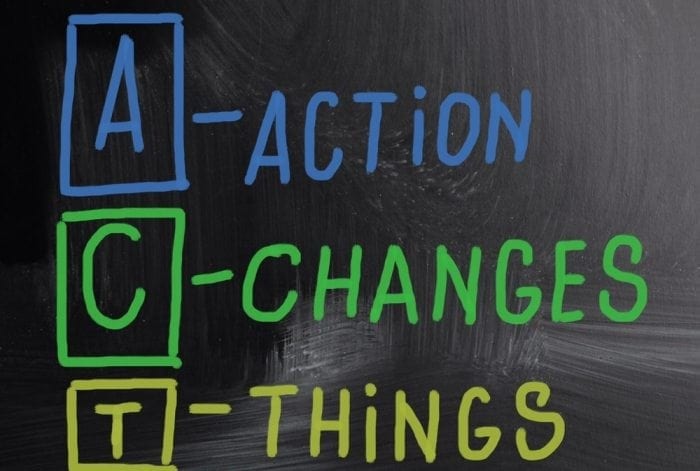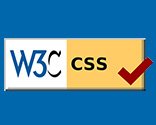Advocating for Students Who Are Blind or Visually Impaired – Beyond IEP’s
Published onPart 3 of the Journey into Advocating for Independence – Beyond Individual Education Plans
Besides Individual Education Plans, what comes next when advocating for students who are blind or visually impaired?
As the IEP team meets to discuss your child’s individual academic needs, it is important to remember that there is more to the IDEA’s interpretation of educationally relevant than just basic reading, writing and arithmetic. As parents, you need to look beyond the IEP and at your child’s development as a young adult.
Remember the following areas also are required under the Individuals with Disabilities Education Act, the Amendments of 1997 and Part B, pertaining to your child’s right to a Free and Appropriate Education (FAPE):

Career Preparation
Your child should be on a path, if able, to continuing education (like college or a vocational program). The end goal of the education system is for the student to be independent and gainfully employed.
Socio-Emotional Well-Being
Your child might experience periods of uncertainty, frustration and fear. Being able to cope with the daily demands of life and being able to self-regulate. Friendships are a vital part of socio-emotional well-being.
Self-Advocacy
Your child’s success depends on his/her ability to speak-up when needed. Having his/her own voice, and using it in an appropriate manner to maintain and/or gain independence.
Mobility
The key to your child’s independence is his/her ability to navigate the surroundings safely. Your child’s mobility goes beyond ambulating from one point to another. It is the ability to navigate one’s path/environment with intention and without assistance.
Leisure and Recreation
School is where many children learn about nonacademic activities; children who are blind or have a visual impairment are no different. Federal and local laws afford all students the same opportunities with or without an individual education plan.
Areas of Daily Living
Self-care is primary in being independent.
In Conclusion
All of these areas must be considered as goals in your child’s IEP. The methods, accommodations and modifications to achieving these goals are as unique as your child. The best advice is taken from FranklinCovey’s 7 Habits of Highly Successful People: “Begin with the end in mind.”
Previous Posts from the Journey into Advocating for Independence
Categorized in: Accessibility, Health and Wellness, Informational
This post was written by




Comments are closed here.